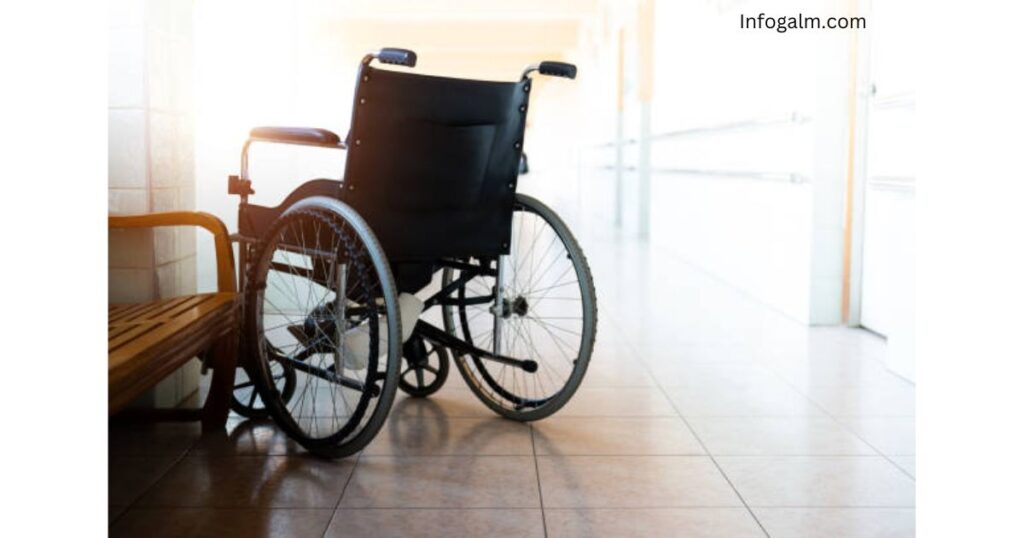Nursing home neglect affects many individuals and families. Understanding the legal avenues available is crucial for victims seeking justice and support. When a loved one suffers due to inadequate care, it is important to act swiftly. Legal options can provide a path to hold responsible parties accountable. These options often include filing complaints, pursuing civil lawsuits, and seeking mediation. Each of these avenues offers different benefits and can be tailored to the specific situation. Filing complaints can prompt investigations. Civil lawsuits might result in compensation. Mediation can provide a quicker resolution while avoiding court. Making informed decisions is vital. Exploring these options thoroughly helps ensure the best possible outcome. For more information on specific steps and resources, click here. By understanding these legal mechanisms, victims can navigate the process with greater clarity and confidence. Prioritizing the well-being of affected individuals guides the approach to addressing nursing home neglect.
Filing Complaints
One of the first steps is to file a complaint with the relevant authorities. This can be done through local or state agencies overseeing nursing home operations. For instance, the Centers for Medicare & Medicaid Services (CMS) provides guidelines for reporting neglect. Filing a complaint can lead to an investigation, ensuring that the nursing home meets the required standards. This process is crucial in highlighting systemic issues and preventing future neglect.
Pursuing Civil Lawsuits
Civil lawsuits offer another powerful avenue. They allow victims to seek compensation for damages caused by neglect. This may include medical expenses, pain and suffering, and in some cases, punitive damages. The process can be complex, requiring legal expertise to navigate. It is important to gather evidence such as medical records, eyewitness accounts, and expert testimony.
Exploring Mediation
Mediation presents a less adversarial alternative. It involves a neutral third-party mediator who helps both parties reach a mutually agreeable solution. This option can be less time-consuming and costly compared to a lawsuit. It encourages open communication and can preserve relationships. Mediation may not be suitable for all cases, especially if the neglect is severe.
Comparison of Legal Options
| Option | Benefits | Considerations |
| Filing Complaints | Prompts investigations, highlights systemic issues | May not result in direct compensation |
| Civil Lawsuits | Potential compensation for damages | Requires legal expertise, can be lengthy |
| Mediation | Quick resolution, preserves relationships | May not suit severe cases |
Steps to Take After Suspecting Neglect
Acting quickly is key. Document everything related to the neglect. This includes taking notes of incidents, capturing photos of injuries, and keeping records of communications with the facility. It is also vital to consult with professional legal services to understand the best course of action.
Understanding State Laws
Laws regarding nursing home neglect can vary by state. Familiarizing oneself with local regulations is important. Resources like the National Eldercare Locator can provide valuable information on state-specific guidelines and resources.
Getting Professional Help
Engaging with a lawyer specializing in elder abuse and neglect can greatly assist in navigating the legal avenues. Experienced professionals can offer guidance on the most suitable legal path and help ensure that the rights of the victim are fully protected.
Conclusion
Navigating the aftermath of nursing home neglect can be daunting. Understanding the legal options available empowers victims and their families to make informed decisions. By filing complaints, pursuing lawsuits, or opting for mediation, victims can find pathways to justice and healing. Prioritizing the rights and well-being of the affected individuals remains at the heart of addressing these challenges.







